Home>Garden Essentials>What Does Mustard Seed Mean
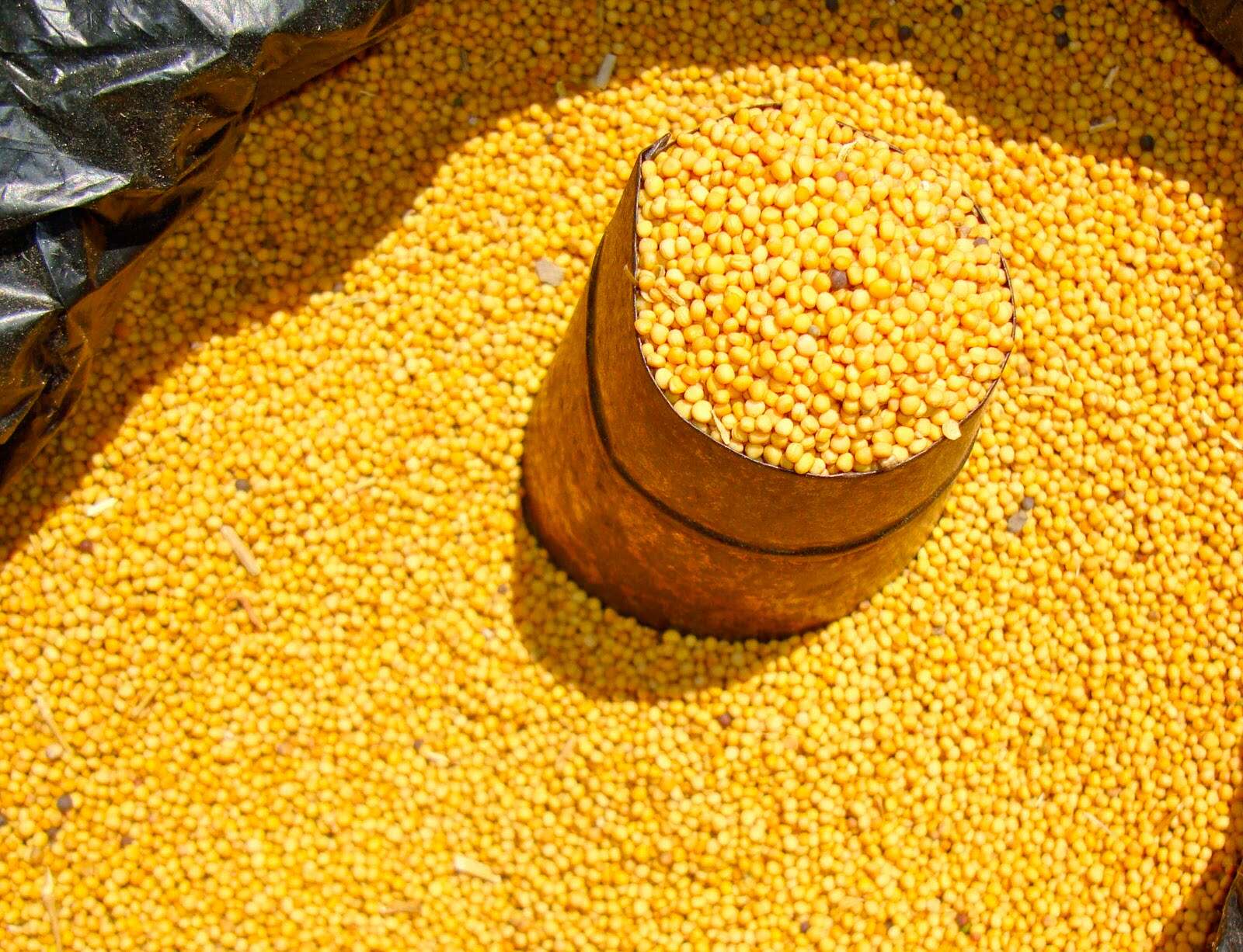

Garden Essentials
What Does Mustard Seed Mean
Modified: March 24, 2024
Discover the meaning behind the Mustard Seed in the garden. Explore its significance and how it can inspire growth and faith in your life.
(Many of the links in this article redirect to a specific reviewed product. Your purchase of these products through affiliate links helps to generate commission for Storables.com, at no extra cost. Learn more)
Introduction
Welcome to the fascinating world of gardening, where nature’s wonders bloom and thrive. In this article, we will delve into the intriguing realm of mustard seeds. Often overlooked, these tiny powerhouses pack a punch when it comes to both their symbolic meaning and practical applications. Whether you are a seasoned gardener or just starting to explore the wonders of the natural world, understanding the significance of mustard seeds can provide a deeper appreciation for the beauty and potential held within even the smallest of seeds.
Mustard seeds come from the mustard plant, scientifically known as Brassica juncea. These small, round seeds are typically black, brown, or yellow in color and are commonly used as a cooking ingredient, a medicinal herb, and even as a symbolic representation in various cultures and religions. Let’s embark on a journey to unravel the mysteries of mustard seeds and discover their rich history and profound significance.
Key Takeaways:
- Mustard seeds symbolize faith, growth, and possibility in various cultures and religions, inspiring believers to trust in the potential for great things to emerge from even the smallest acts.
- Mustard seeds offer diverse culinary, medicinal, and agricultural uses, from enhancing flavors in dishes to providing health benefits and practical applications in gardening.
Read more: What Does Mustard Seeds Grow Into
Definition of Mustard Seed
Before delving into the symbolic and cultural aspects of mustard seeds, let’s start with a basic understanding of what they are. Mustard seeds are the small, edible seeds that come from the mustard plant, a member of the Brassicaceae family. These seeds have been cultivated for thousands of years and are known for their distinct flavor and aroma.
Mustard seeds are available in different varieties, including black, brown, and yellow. Black mustard seeds, also known as Brassica nigra, have a strong, pungent flavor and are commonly used in Indian cuisine. Brown mustard seeds, scientifically known as Brassica juncea, have a milder taste and are frequently used to make Dijon mustard. Yellow mustard seeds, or Sinapis alba, have a mild, slightly tangy flavor and are the primary ingredient in the classic American yellow mustard.
These petite seeds are rich in nutrients and are a good source of vitamins A and C, calcium, iron, and fiber. They are also low in calories and fat, making them a nutritious addition to a variety of dishes.
Whether you’re a culinary enthusiast or a health-conscious individual, incorporating mustard seeds into your diet can offer a range of benefits. However, the significance of mustard seeds extends far beyond their nutritional value. These seeds have become a symbol of faith, growth, and transformation in different cultures and religions around the world.
Symbolic Meaning of Mustard Seed
Throughout history, mustard seeds have held significant symbolic meanings that transcend their physical form. These tiny seeds are often associated with concepts of faith, hope, and possibility. The symbolism of mustard seeds can be found in various cultural and religious traditions.
In Christianity, mustard seeds are frequently mentioned in the New Testament of the Bible. In Matthew 17:20, Jesus refers to mustard seeds as a representation of the power of faith. He states, “Truly I tell you, if you have faith as small as a mustard seed, you can say to this mountain, ‘Move from here to there,’ and it will move. Nothing will be impossible for you.” This passage has led to the popular belief that even the smallest amount of faith can lead to great things.
The mustard seed’s symbolism of faith also extends to the concept of growth and transformation. Just as a tiny mustard seed can grow into a large and sturdy plant, faith has the power to grow and blossom, overcoming challenges and obstacles.
Outside of Christianity, mustard seeds hold symbolic significance in other cultures as well. In Hinduism, mustard seeds are considered auspicious and are often used in religious rituals. They represent fertility, abundance, and prosperity. Mustard seeds are also associated with the Hindu goddess of wealth, Lakshmi, who is believed to bless homes and businesses when mustard seeds are scattered around.
Furthermore, mustard seeds have a presence in folklore and superstitions. In some traditions, carrying a mustard seed is believed to protect against evil spirits and bring good luck.
The symbolic meaning of mustard seeds serves as a reminder of the potential and power that lies within even the smallest of things. It teaches us to have faith in ourselves and the ability to overcome challenges, nurturing hope and embracing the possibilities of growth and transformation.
Biblical References to Mustard Seed
Mustard seeds hold a special place in the Bible, where they are mentioned in several passages, particularly in the teachings of Jesus Christ. These references use mustard seeds as metaphors to convey spiritual lessons and insights.
One of the most well-known biblical references to mustard seeds can be found in the Gospel of Matthew, specifically in Matthew 13:31-32. In this parable, Jesus compares the Kingdom of Heaven to a mustard seed. He states, “The kingdom of heaven is like a grain of mustard seed that a man took and sowed in his field. It is the smallest of all seeds, but when it has grown, it is larger than all the garden plants and becomes a tree, so that the birds of the air come and make nests in its branches.”
This parable highlights the exponential growth and expansion of the Kingdom of God, beginning from humble and inconspicuous beginnings. The mustard seed, though small, eventually grows into a substantial tree, providing shelter and sustenance for others.
In another instance, Jesus uses mustard seeds as a metaphor for faith. In the Gospel of Luke, he tells his disciples, “If you had faith like a grain of mustard seed, you could say to this mulberry tree, ‘Be uprooted and planted in the sea,’ and it would obey you” (Luke 17:6). This statement emphasizes the remarkable power that even the tiniest amount of faith can possess.
The biblical references to mustard seeds portray important spiritual lessons and teachings. They encourage believers to have faith, no matter how small it may seem, and to trust in the potential for growth, transformation, and the expansion of God’s Kingdom.
These passages remind us that even the smallest acts of faith and obedience can have profound and far-reaching impacts. They inspire believers to nurture their faith, allowing it to grow and bear fruit, bringing blessings not only to themselves but also to those around them.
Parable of the Mustard Seed
The Parable of the Mustard Seed is one of the most well-known parables taught by Jesus Christ. It can be found in the New Testament of the Bible in both the Gospel of Matthew and the Gospel of Mark. This parable uses the example of a mustard seed to illustrate profound spiritual truths.
In the parable, Jesus describes the mustard seed as the smallest of all seeds. He explains that when this tiny seed is planted in the ground, it grows into a large and sturdy tree-like plant. The branches of the plant become so robust that birds can build their nests in them, finding shelter and sustenance.
On the surface, this parable might seem simple, but it carries a powerful message. The mustard seed represents the Kingdom of Heaven or the Kingdom of God, which starts with something small and seemingly insignificant but eventually grows into something substantial and significant.
By using the mustard seed as a symbol, Jesus conveys that even though the beginnings may be modest and unimpressive, the potential for growth and impact is immense. The mustard seed reminds us that extraordinary things can emerge from humble origins.
Furthermore, the parable also illustrates the inclusive nature of the Kingdom of God. Just as birds find refuge in the branches of the mustard plant, people from all walks of life are invited to take part in God’s Kingdom. The parable emphasizes that God’s love and grace extend to everyone, regardless of their background or status.
The Parable of the Mustard Seed encourages believers to have faith in the power of God’s Kingdom and its ability to bring transformation and blessings. It reminds us that even the smallest acts of faith and obedience can have far-reaching impacts and contribute to the growth and expansion of God’s Kingdom on Earth.
Through this parable, Jesus inspires his followers to nurture their faith, trust in the potential for growth, and actively participate in the work of God’s Kingdom. It serves as a reminder that even our seemingly insignificant contributions can make a profound difference in the lives of others and in the world around us.
The mustard seed is a small seed from the mustard plant. In the Bible, it symbolizes faith and the potential for growth. It’s often used to represent starting small and growing into something great.
Read more: What Does Mustard Seed Look Like
Cultural Significance of Mustard Seed
Mustard seeds hold cultural significance in various traditions around the world. They have been revered for their symbolism, culinary uses, and medicinal properties in different cultures throughout history.
In Indian culture, mustard seeds are an integral part of traditional cuisine. The key ingredient in many Indian spice blends, such as the popular “tadka” or tempering technique, mustard seeds add a distinctive flavor and aroma to dishes. They are also used in pickles and chutneys, enhancing the taste and providing a unique texture.
Furthermore, mustard seeds are considered auspicious in Hindu rituals, symbolizing fertility, abundance, and prosperity. In some wedding ceremonies, the bride and groom exchange garlands made with mustard seeds, symbolizing their union and the hope for a prosperous married life.
In Chinese culture, mustard seeds are believed to ward off evil spirits. They are often hung near entry doors or carried in small bags to provide protection and bring good luck to homes and individuals.
Mustard seeds also hold significance in European folklore and traditions. In some parts of Europe, particularly in Germany and England, mustard seeds are believed to bring luck and fortune. They are carried in pockets or worn as amulets to ward off evil and attract blessings. In addition, mustard seeds were historically used in divination practices, where they were thrown to determine the success or failure of future ventures.
The cultural significance of mustard seeds extends beyond their culinary and superstitious uses. They have also made their way into art and literature, symbolizing growth, transformation, and the power of possibility. Artists have created stunning pieces depicting mustard plants and seeds, capturing their essence and conveying a sense of hope and potential.
Overall, mustard seeds have a rich cultural significance that transcends geographical boundaries. Whether as a culinary ingredient, a symbol of prosperity and protection, or an element of artistic expression, these tiny seeds continue to play a meaningful role in various cultures, connecting people through shared traditions and beliefs.
Uses of Mustard Seed
Mustard seeds have been utilized for a multitude of purposes throughout history, ranging from culinary applications to medicinal uses. Let’s explore the diverse ways in which mustard seeds can be used.
Culinary Uses: Mustard seeds are a staple ingredient in many cuisines around the world. They possess a distinctive sharp and tangy flavor that enhances the taste of dishes. Here are some common culinary uses of mustard seeds:
- Spice Blends: Mustard seeds are ground to make mustard powder, which is then used in various spice blends, such as curry powders and garam masala.
- Condiments: Mustard seeds are the key ingredient in the production of several condiments, including Dijon mustard, yellow mustard, and whole grain mustard.
- Pickling: Mustard seeds are used in pickling recipes to provide a distinctive savory and tangy flavor.
- Flavor Enhancer: Mustard seeds are often added to dishes like soups, stews, and curries to enhance flavor and provide a delightful crunch.
Medicinal Uses: Mustard seeds have been used for their medicinal properties in traditional medicine practices. Some potential health benefits include:
- Anti-inflammatory Properties: Mustard seeds contain compounds that possess anti-inflammatory properties and may help alleviate symptoms of inflammatory conditions.
- Digestive Aid: Mustard seeds can aid digestion by stimulating the production of digestive enzymes and improving overall gut health.
- Respiratory Relief: Mustard seeds have been used to help alleviate symptoms of respiratory ailments like coughs, colds, and congestion.
- Pain Relief: Mustard seed poultices or oils can be used topically to relieve muscle and joint pain.
Agricultural and Gardening Uses: Mustard seeds can also serve practical purposes in the agricultural and gardening realms. Some common uses include:
- Cover Crop: Mustard seeds are often grown as cover crops, as they help suppress weeds, enhance soil fertility, and control certain pests.
- Soil Amendment: Mustard seed meal, a byproduct of mustard oil production, can be used as a natural soil amendment to enrich the soil with nutrients.
- Companion Plant: Mustard plants can be grown as companion plants to repel certain pests and attract beneficial insects to the garden.
With their versatile nature and distinct flavor, mustard seeds have found a place in cuisines, medicine cabinets, and gardens worldwide, offering a wide range of practical uses.
Health Benefits of Mustard Seeds
Mustard seeds are not only flavorful but also offer a range of health benefits. Packed with essential nutrients and bioactive compounds, incorporating mustard seeds into your diet can contribute to overall well-being. Let’s explore some of the notable health benefits associated with mustard seeds.
Rich in Nutrients: Mustard seeds are a good source of important nutrients, including vitamins, minerals, and dietary fiber. They contain vitamins A, C, and K, as well as minerals like calcium, iron, magnesium, and potassium. Additionally, mustard seeds are low in calories and fat, making them a nutritious addition to your meals.
Anti-inflammatory Properties: Mustard seeds contain compounds called glucosinolates that possess anti-inflammatory properties. These compounds have been shown to have potential benefits in reducing inflammation in the body and may help alleviate symptoms of inflammatory conditions such as arthritis and asthma.
Antioxidant Activity: Mustard seeds are rich in antioxidants, which help protect the body against cellular damage caused by harmful free radicals. The antioxidants present in mustard seeds, such as selenium and polyphenols, may assist in reducing the risk of chronic diseases, including heart disease, certain cancers, and age-related macular degeneration.
Digestive Health: Consuming mustard seeds can aid in digestive health. The seeds contain a compound called myrosinase, which enhances the production of digestive enzymes. This, in turn, promotes better digestion and nutrient absorption. The dietary fiber in mustard seeds also contributes to healthy digestion by supporting regular bowel movements and preventing constipation.
Heart Health: Mustard seeds have been linked to cardiovascular health benefits. The high levels of omega-3 fatty acids in mustard seeds, along with their antioxidant properties, help reduce inflammation and promote heart health. Additionally, the presence of niacin in mustard seeds may aid in lowering LDL cholesterol levels, thus reducing the risk of heart disease.
Blood Sugar Regulation: Mustard seeds may have blood sugar-regulating properties. Studies have suggested that compounds in mustard seeds, such as allyl isothiocyanate, may help improve insulin sensitivity and regulate blood sugar levels. This can be beneficial for individuals with diabetes or those at risk of developing the condition.
While mustard seeds offer various health benefits, it is essential to consume them in moderation as part of a balanced diet. As with any dietary change, it is advisable to consult with a healthcare professional for personalized advice, especially if you have any underlying health conditions.
Incorporating mustard seeds into your meals, whether as a spice or in the form of mustard-based condiments, can be a flavorful way to reap their health benefits and add a nutritional boost to your diet.
Culinary Applications of Mustard Seed
Mustard seeds are a versatile ingredient that can elevate the flavor and add a delightful zest to a wide range of dishes. From condiments to spice blends, here are some popular culinary applications of mustard seeds:
Mustard Condiments: Mustard seeds are a key component in the production of different types of mustard condiments. These condiments vary in flavor and texture and are commonly used as spreads, dips, and dressings. Some popular mustard condiments include:
- Dijon Mustard: Made with brown or black mustard seeds, Dijon mustard has a smooth and velvety texture, with a tangy, slightly spicy flavor.
- Yellow Mustard: Made with yellow or white mustard seeds, yellow mustard is milder in flavor and commonly used in sandwiches, hot dogs, and burgers.
- Whole Grain Mustard: In this variety, the mustard seeds are partially ground, allowing for a textured condiment with visible whole mustard seeds. It has a more rustic, robust flavor.
Spice Blends: Mustard seeds are a crucial ingredient in many spice blends, adding a distinct flavor and aroma. These spice blends are used in various cuisines to enhance the taste of dishes. Some examples include:
- Curry Powder: Mustard seeds are often included in curry powder, a blend of spices used in Indian and South Asian cuisines. Curry powder adds depth and complexity to curries, stews, and other dishes.
- Garam Masala: Another popular Indian spice blend, garam masala, includes mustard seeds along with other aromatic spices like cardamom, cloves, cinnamon, and cumin. It is used to flavor a variety of dishes.
Pickling: Mustard seeds are commonly used in pickling recipes to provide flavor and add a tangy kick to preserved vegetables and fruits. The small seeds can infuse the pickling liquids with their distinct taste and texture.
Flavor Enhancer: Mustard seeds can be used as a flavor enhancer in a wide range of dishes. A simple technique called tempering or tadka involves frying mustard seeds in oil or ghee until they crackle, releasing their aromatic oils. This tadka is then added to various Indian dishes, such as dal (lentil soup), vegetable curries, and rice dishes, to enhance their taste and impart a unique flavor.
Baking: Mustard seeds can even be used in baking, particularly in bread-making. Adding whole mustard seeds to bread dough can provide a pleasant crunch and a subtle spicy taste.
With their distinctive flavor and versatility, mustard seeds offer countless possibilities in the culinary world. Whether used as a spice, a spread, or a pickling ingredient, incorporating mustard seeds can add depth and character to your favorite recipes, taking them to new and flavorful heights.
Read more: What Is Mustard Seed Used For
Conclusion
Mustard seeds may be small in size, but their impact and significance are far-reaching. From their symbolic meaning to their culinary and medicinal uses, mustard seeds have captivated people’s attention and admiration throughout history.
These tiny seeds hold deep cultural and religious importance, representing concepts such as faith, growth, and transformation. The references to mustard seeds in the Bible, particularly in the teachings of Jesus Christ, have inspired believers to have faith in the face of adversity and to trust in the potential for great things to emerge from the smallest acts.
On a practical level, mustard seeds offer a wide range of uses. They are an essential ingredient in various culinary applications, from condiments and spice blends to pickling recipes. Their distinctive flavor and aroma can enhance the taste of dishes and bring a delightful zest to meals. Additionally, mustard seeds have been valued for their medicinal properties, with their anti-inflammatory and antioxidant benefits contributing to overall health and well-being.
Whether you incorporate mustard seeds into your cooking, explore their symbolic meaning, or appreciate their cultural significance, these seeds are a testament to the wonders of the natural world and the power of even the smallest elements.
So the next time you encounter a mustard seed, take a moment to appreciate its immense potential. From the faith that can move mountains to the flavors that can elevate a culinary creation, mustard seeds remind us that even the tiniest of things can have a significant impact. Embrace the richness and depth that mustard seeds bring to the garden, the kitchen, and our lives.
Frequently Asked Questions about What Does Mustard Seed Mean
Was this page helpful?
At Storables.com, we guarantee accurate and reliable information. Our content, validated by Expert Board Contributors, is crafted following stringent Editorial Policies. We're committed to providing you with well-researched, expert-backed insights for all your informational needs.
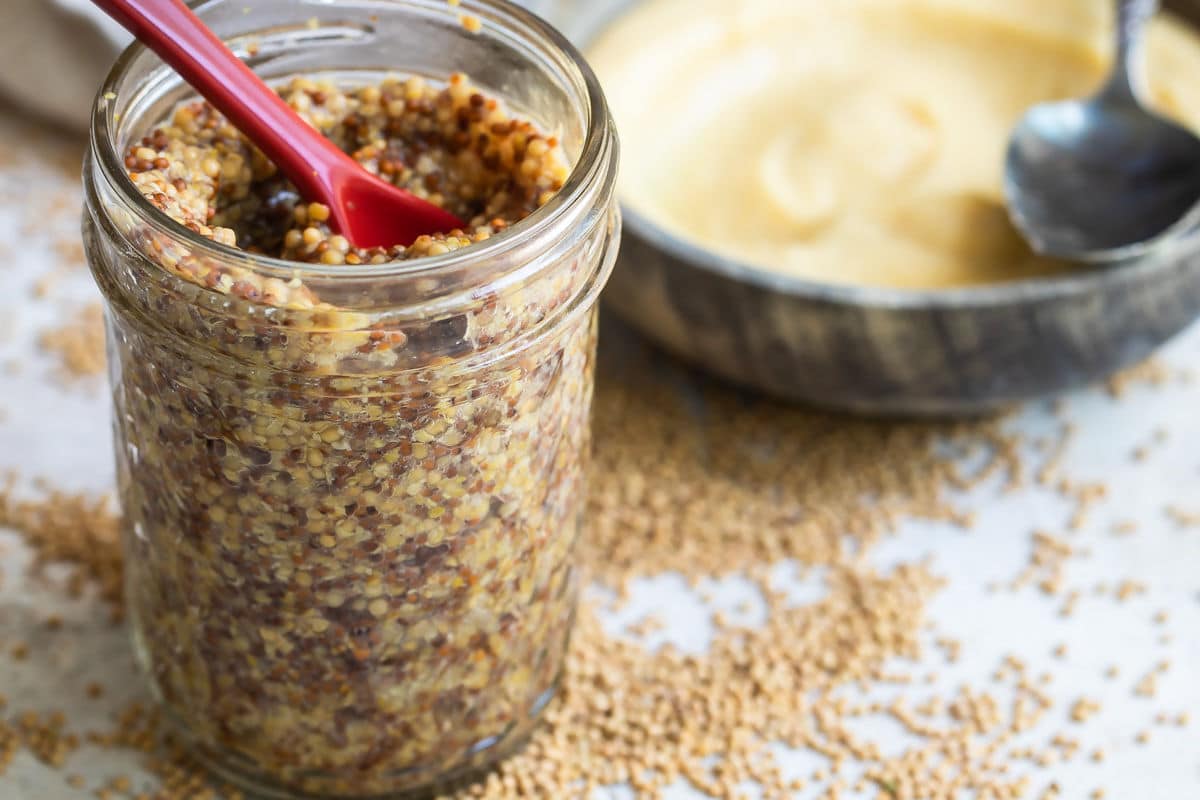
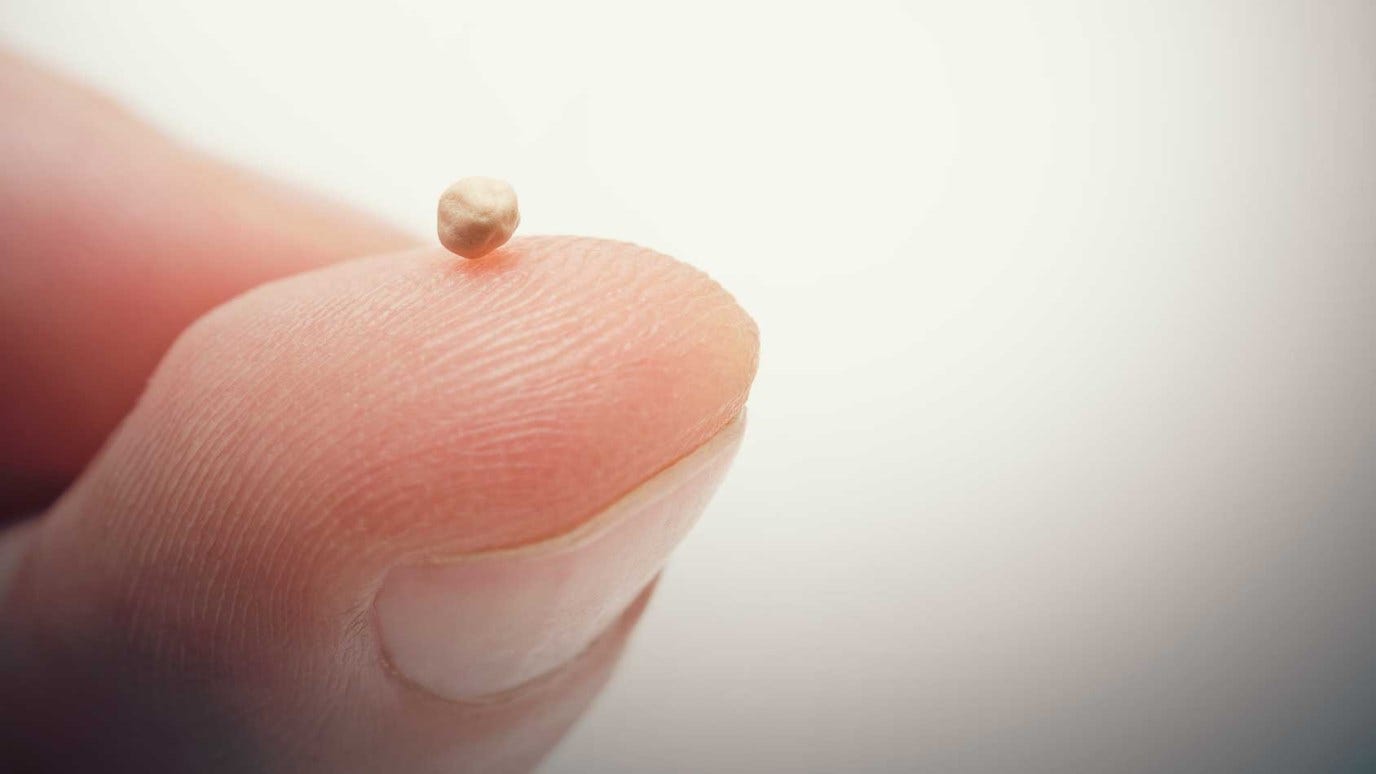
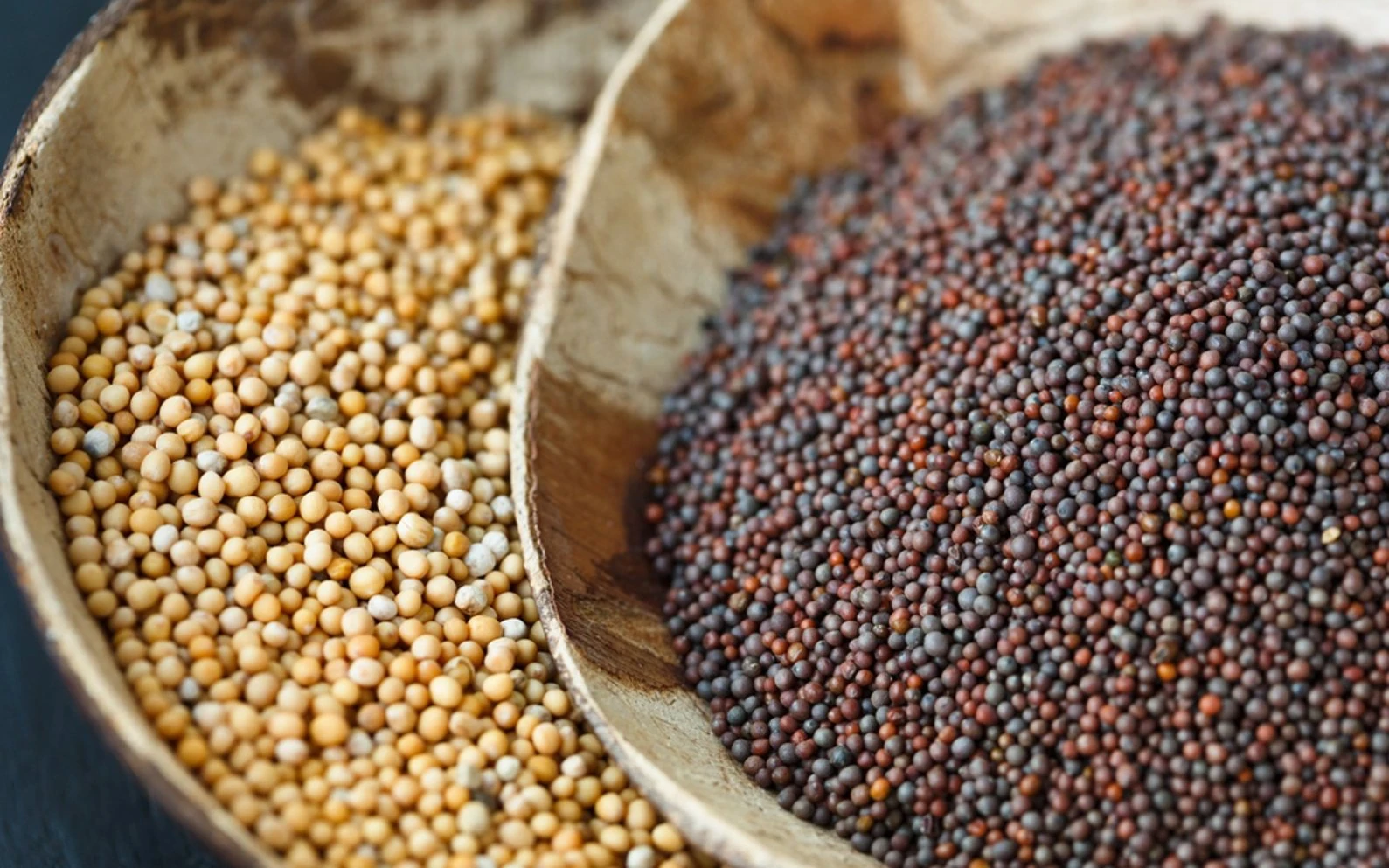
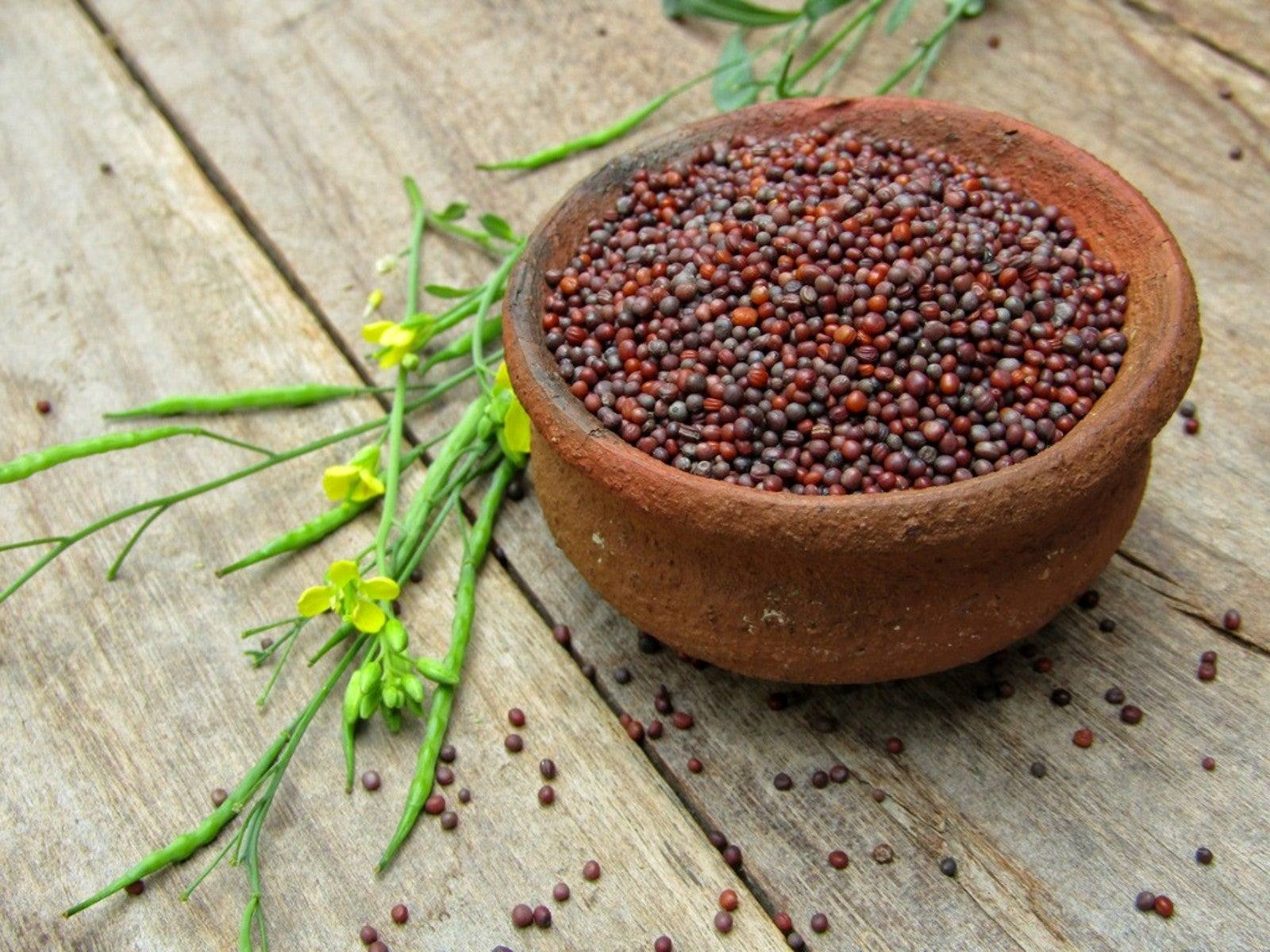
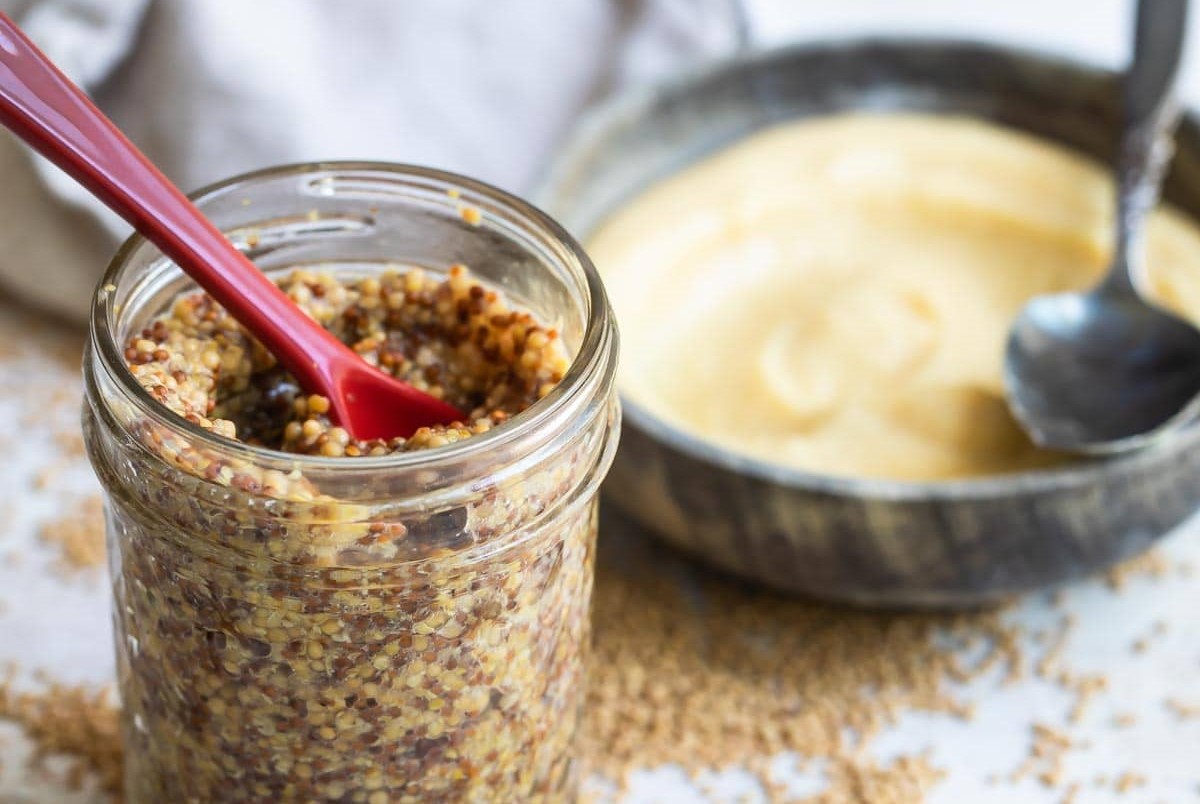
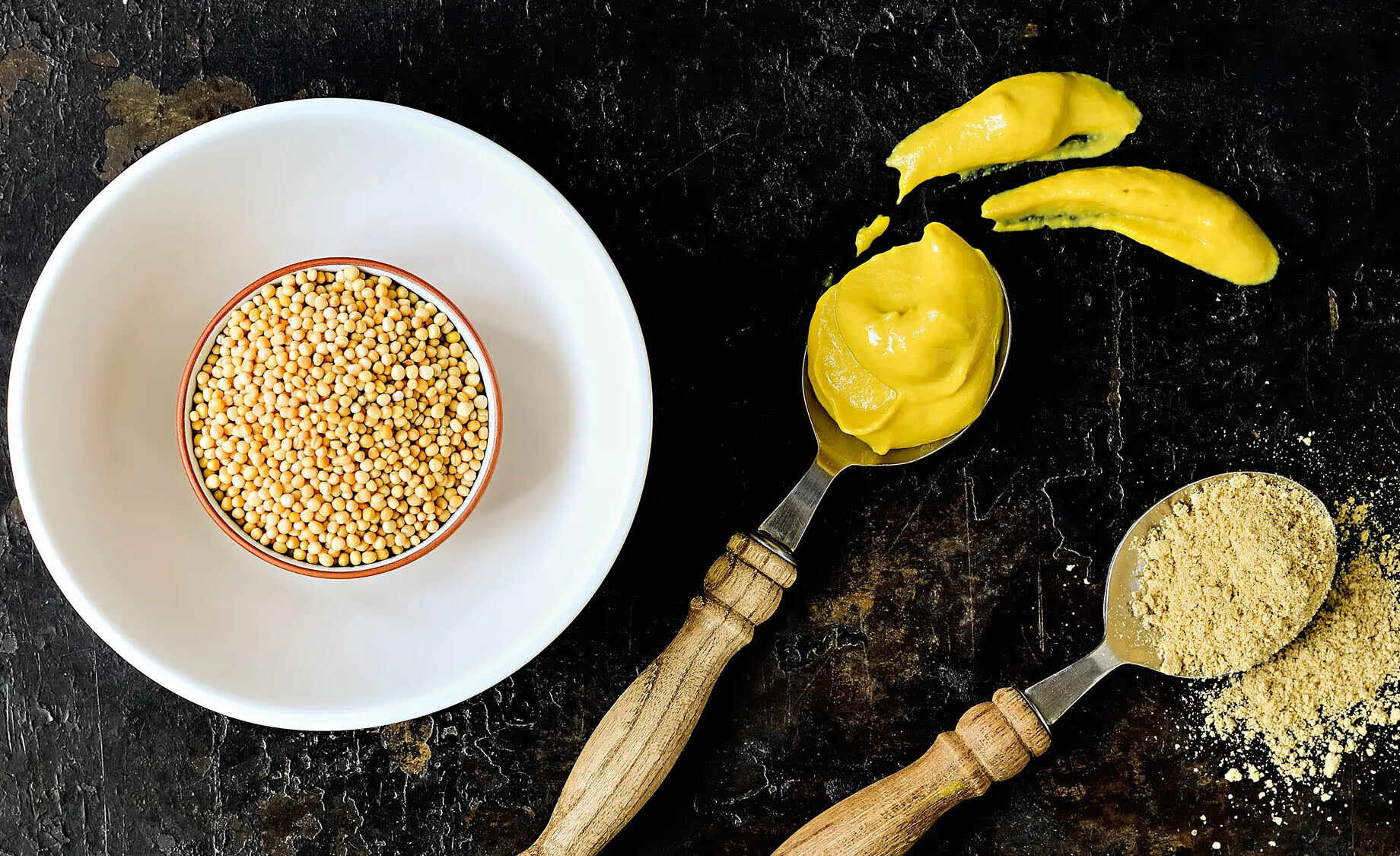
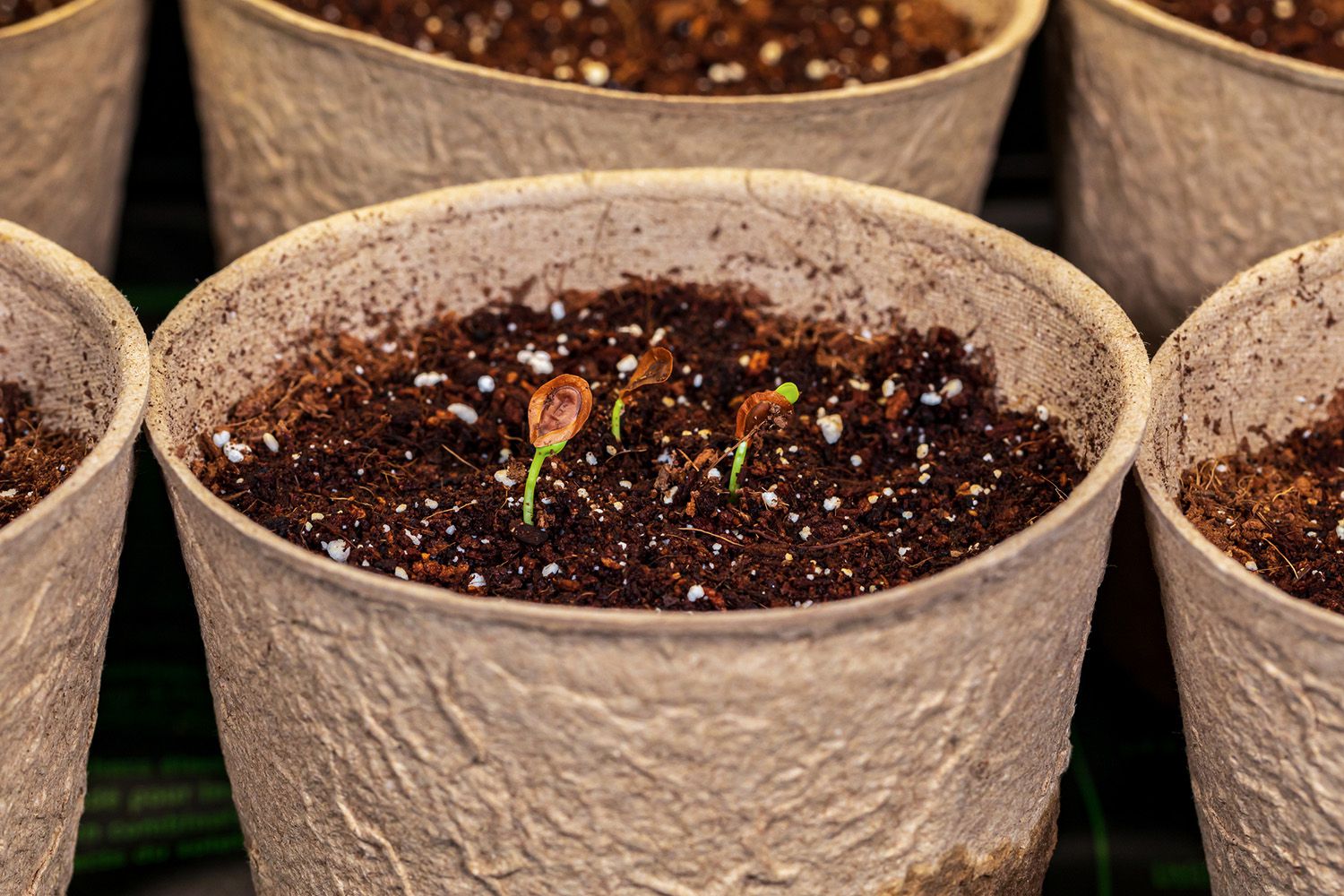
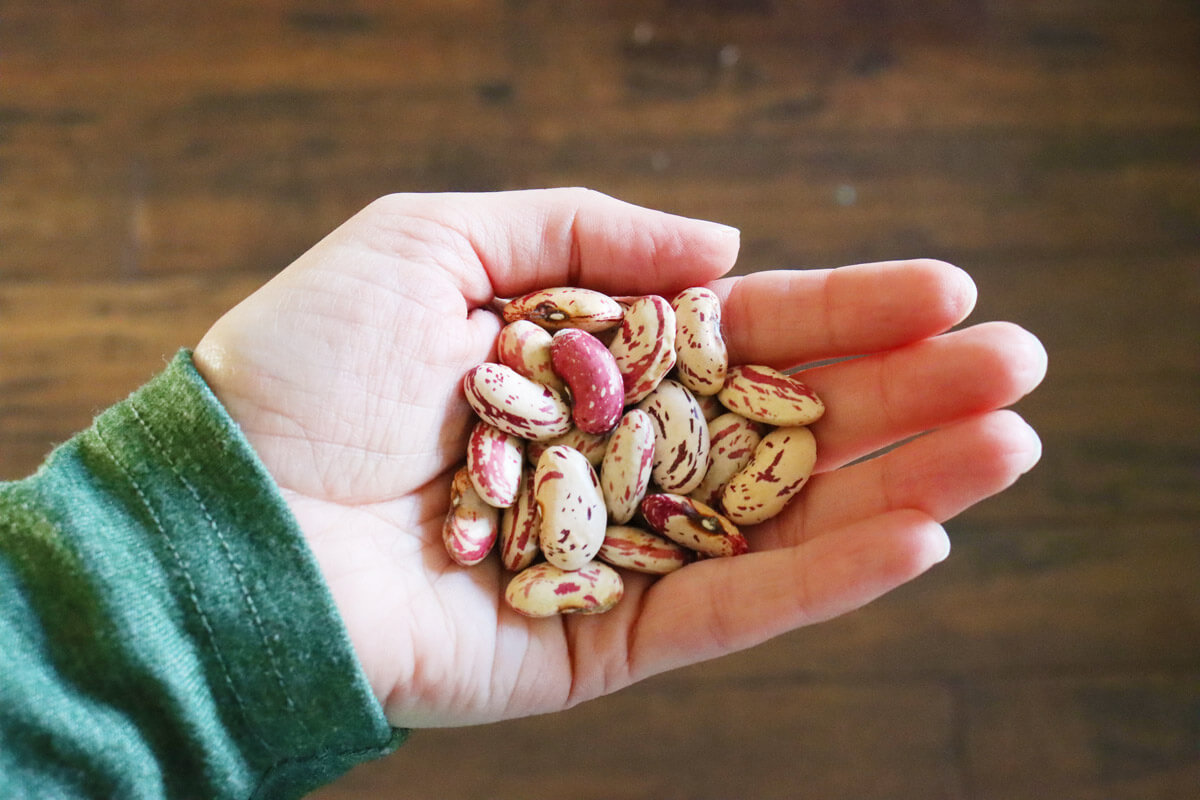
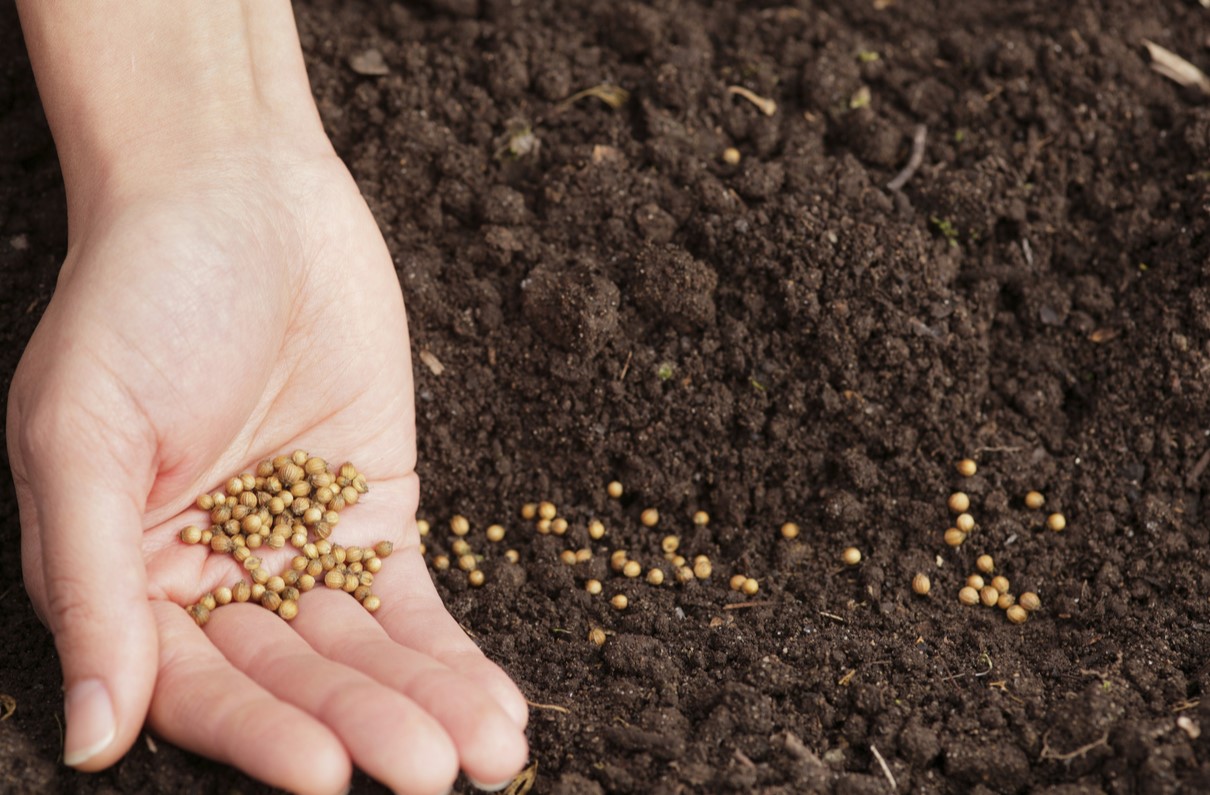
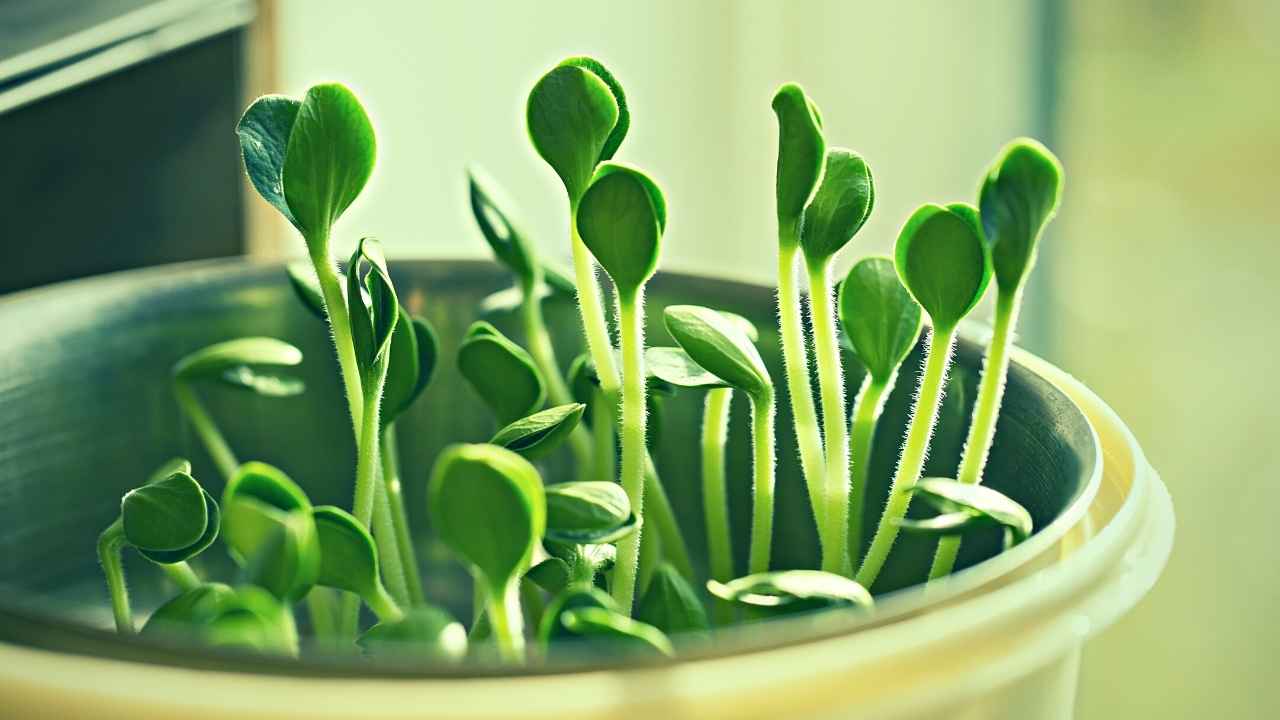
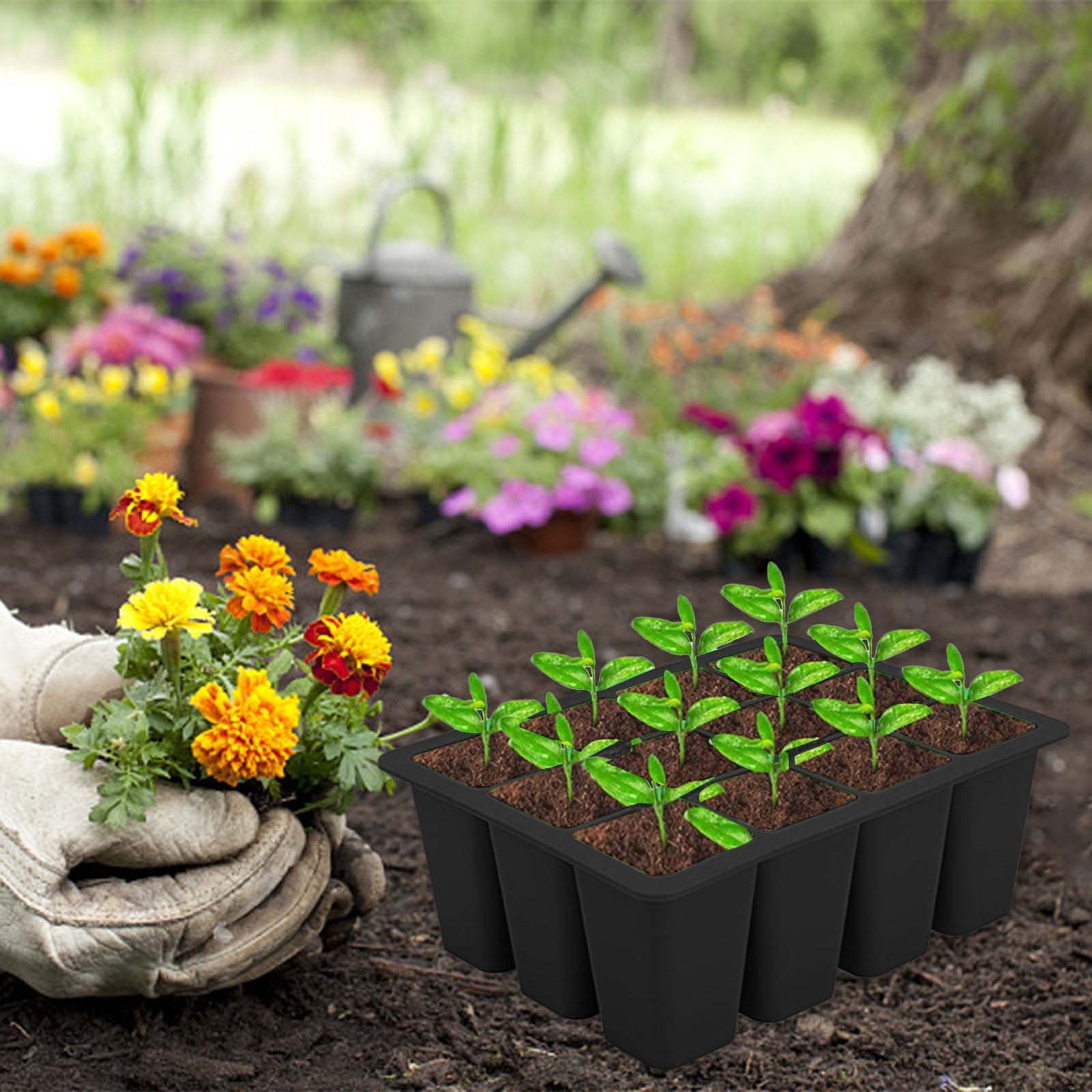
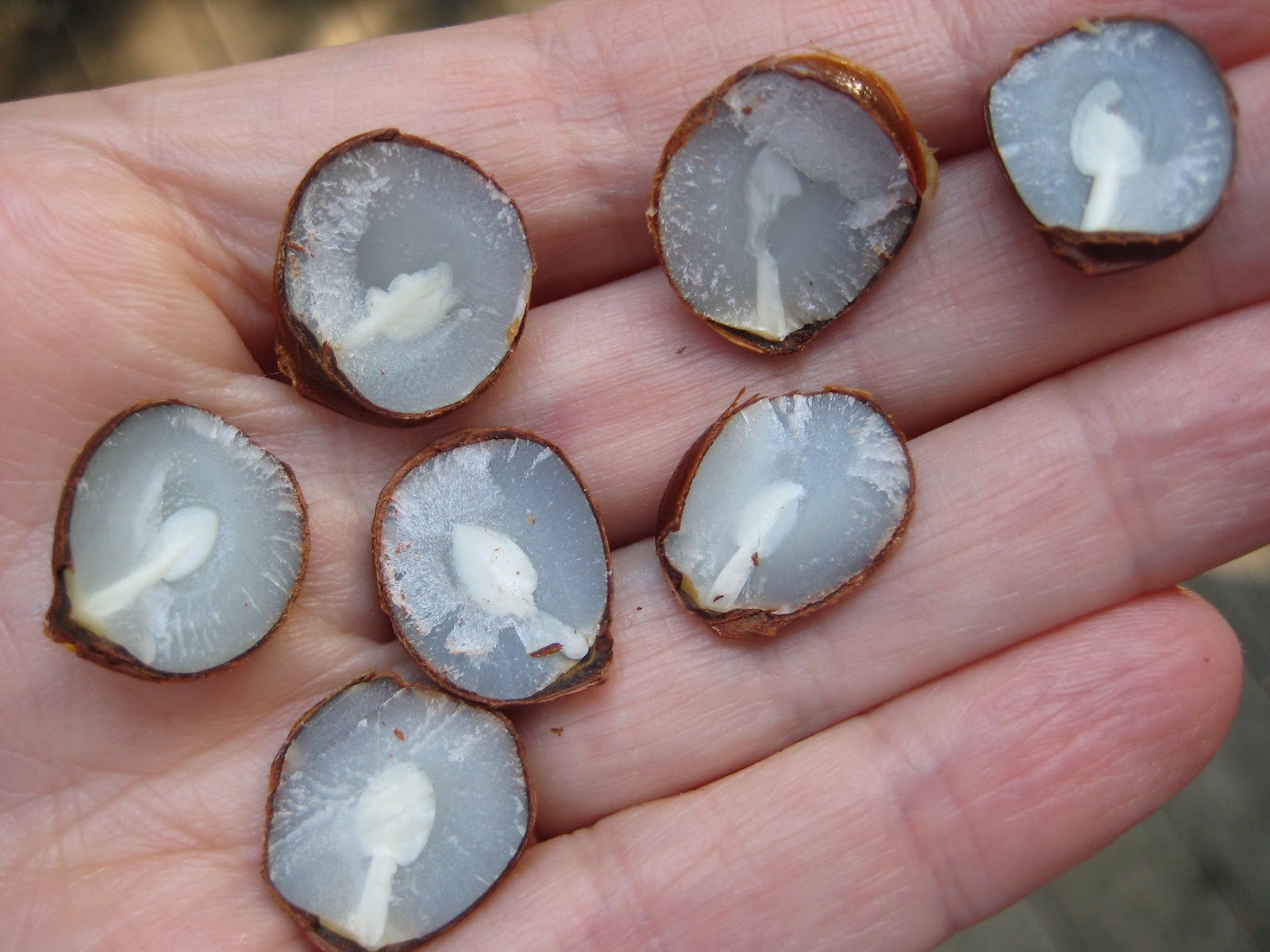
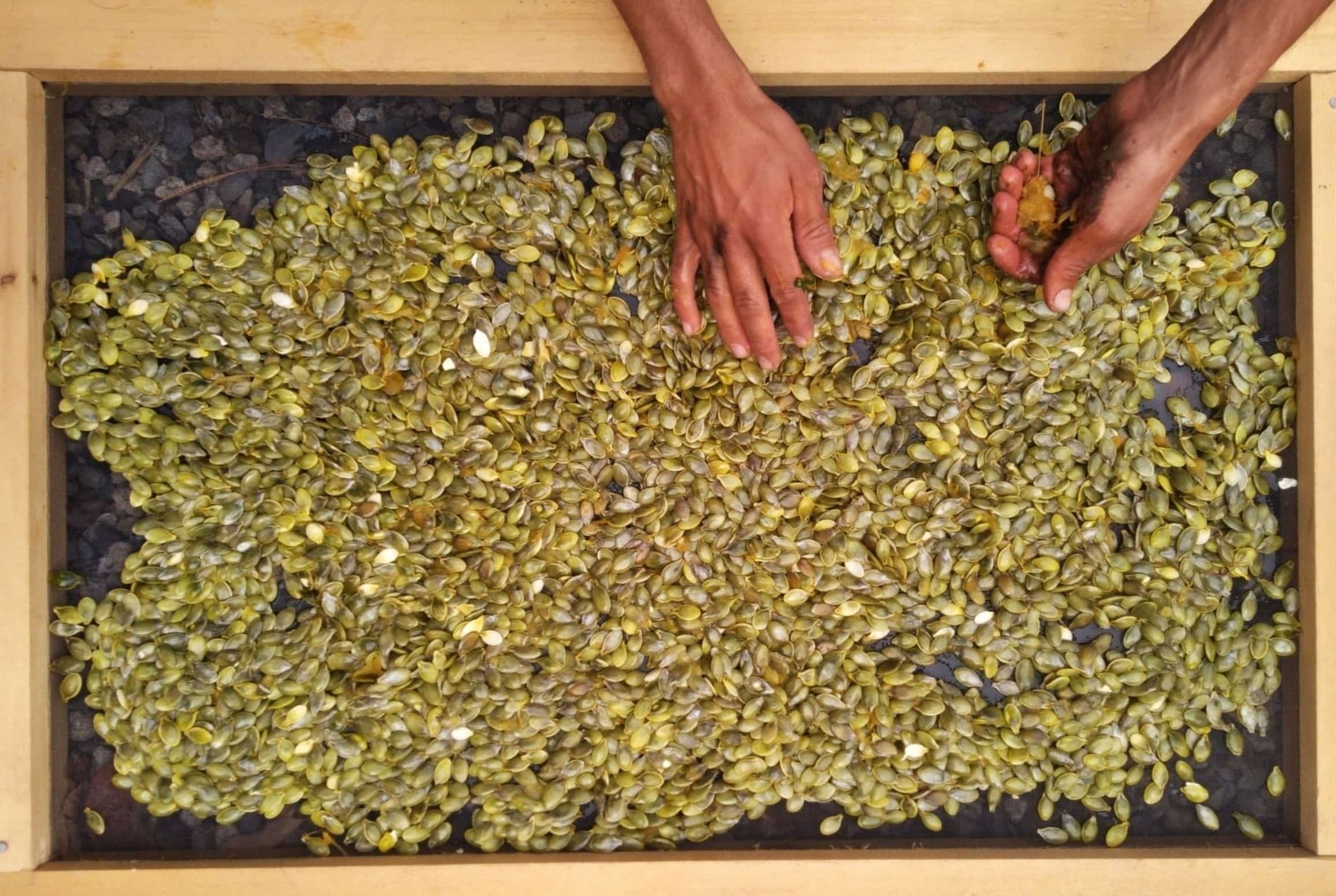

0 thoughts on “What Does Mustard Seed Mean”